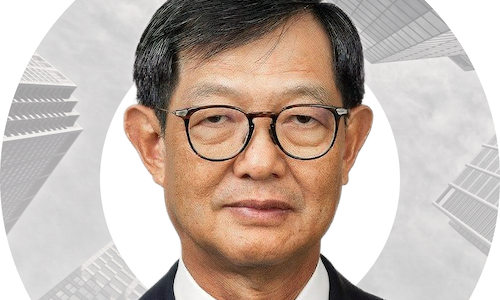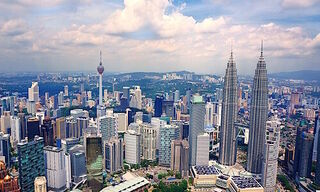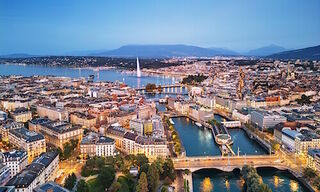The World Happiness Report stages a return after more than a decade and no financial hub in Asia came close to making the top of the list. finews.asia looks at the reasons why.
If you ever had any existential qualms about whether you had enough joy in your life or not, there is little need to worry. The technocrats are here, and they have the whole situation under control.
Basking in the glow of this year’s International Day of Happiness, the UN cobbled up a report by a group of independent experts as a follow-on from its initial attempt to collate comparative rates of global serenity over ten years ago.
Even though the actual day may have dropped off the radar for many, if not most, the report maintains there are six key factors in how individuals determine whether they are happy or not. They are income (GDP per capita), (healthy) life expectancy, social support, the freedom to make life choices, generosity, and the absence of corruption.
No Show Asia
What is particularly surprising is how poorly the major financial centers of Asia fared on the list given it is a region that has become very used to punching above its weight, at least when it comes to markets and, more importantly, future growth prospects.
But money and wealth, very apparently, really aren’t everything. Singapore is the first major hub to make the list, placing a distinctly average 25th behind Romania.
Japan creeps in at 47th, just behind Cyprus, and well below the likes of Kazakhstan and Guatemala. South Korea comes in at 57th, behind Portugal, Malaysia, and Uzbekistan.
Pandemic
The list, naturally, would not be complete without mentioning China, which only figures 64th behind Moldova, Kyrgyzstan, Mongolia, and Thailand. Hong Kong trails in 82nd place, with Indonesia two places farther back.
So, what gives? According to the writers, the rankings this year are based on individual evaluations made in 2020, 2021, and 2022 – or during the height of the pandemic. Given that, the wide-ranging and extensive restrictions in places like China and Hong Kong may have played a role.
Another reason may be the misery quotient, which has been rising in South Asia while it has remained constant in Southeast Asia. Still, it has been declining in East Asia where most of the key hubs are located, so that doesn’t entirely make sense.
Finland First
There must be something else afoot. For example, Finland made the top of the list for the sixth year running, leading a pack of unusually self-satisfied, you could even say smug, Nordic countries.
In fact, the list has remained very stable overall, with 19 of the same 20 countries making the top of the list, the key exception being Lithuania, which rose from 52nd in 2017 to 20th.
But even in the case of Finland, a dancing former Prime Minister notwithstanding, it is not like it isn’t facing serious challenges. Last year’s invasion of Ukraine, for example, prompted it to seek solace in the arms of NATO as a way of helping it protect its extremely long land border with neighboring Russia.
The report writers, however, think they have an answer. According to them, the Nordic region has world-beating levels of well-being even though they are not richer than other countries.
«But they do have higher levels of trust and of mutual respect and support,» they indicate.
If true, it is probably something we could all do well to take closer heed of.



























